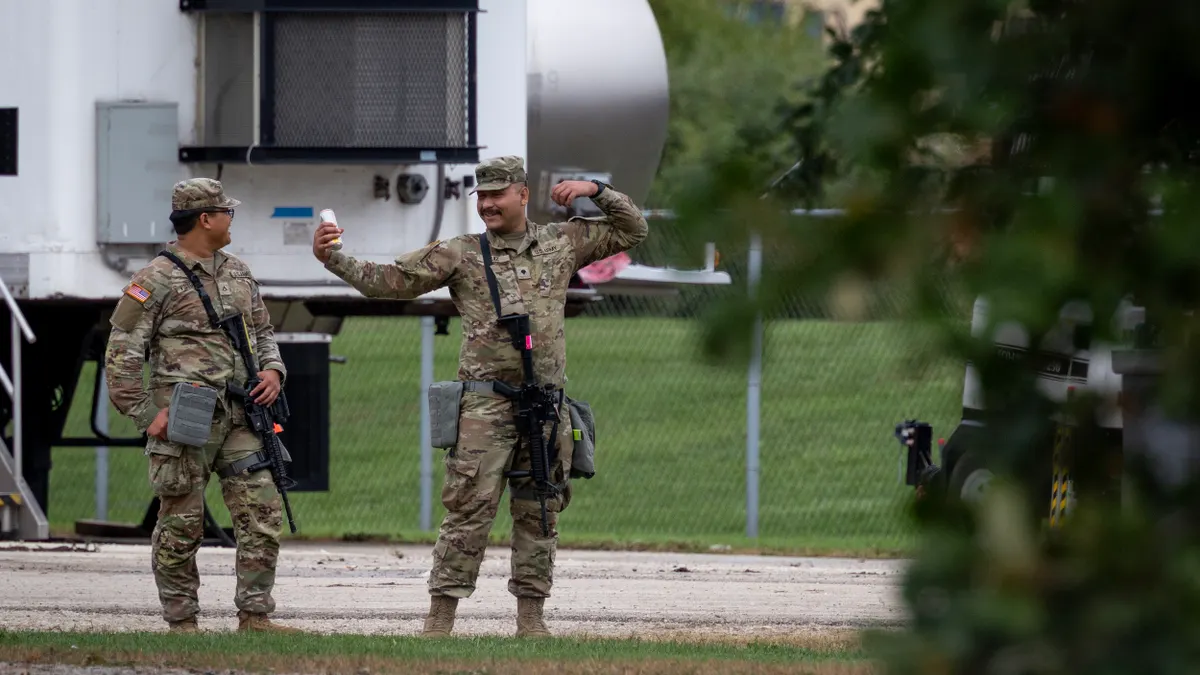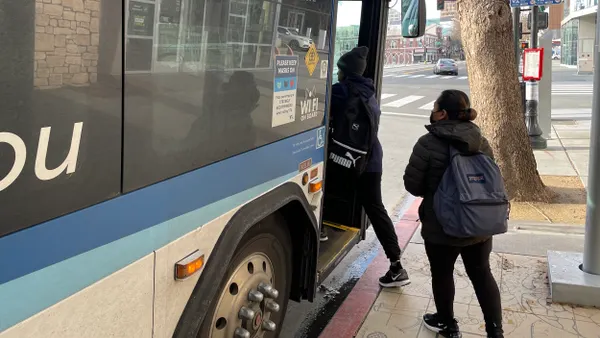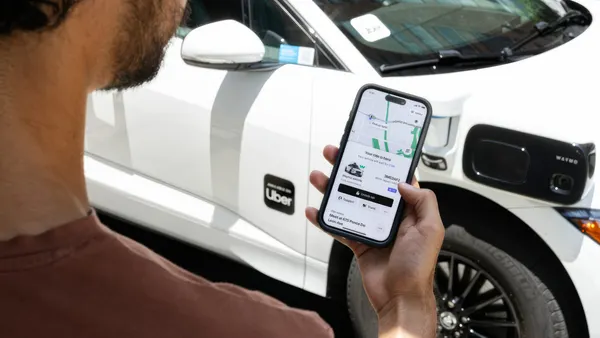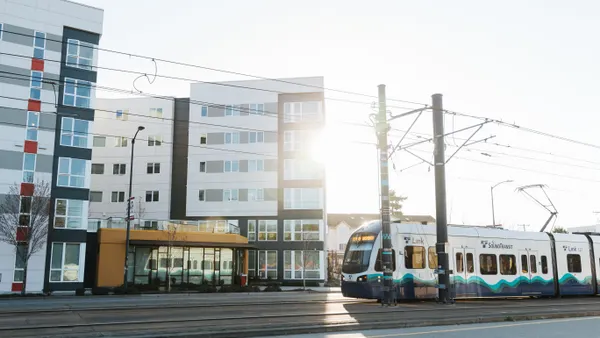Dive Brief:
- Dominic Papa, executive director and co-founder of the Institute for Digital Progress, explained during a Meeting of the Minds webinar on Wednesday how the Greater Phoenix Smart Region initiative will allow cities in the Phoenix area to benefit from greater regional cooperation, workforce development and leading academic research.
- The initiative, announced in March, will help educate government employees and residents on new technologies and provide test beds for researchers to test new solutions.
- "The model we are establishing is a smart region as a service, because innovation agendas cannot and really must not stop at city limits," Papa said. "A smart region as a service approach represents the best recipe for digital inclusion and the scaling of relevant innovations for all communities, large and small."
Dive Insight:
This initiative is certainly ambitious, as it looks to unite many large cities in Arizona, including Phoenix, Tempe and Glendale. And, Papa said, that represents a major opportunity. "Nowhere else in the country are there so many large and economically comparable cities clustered together," he said. But with that opportunity also comes issues, as jurisdictions and their individual departments have come to be siloed, and there can sometimes be issues getting cities to cooperate with each other.
Papa said instead, the regional initiative will look to break down those silos and work together to refine solutions, likely including the use of sensors, the internet of things (IoT) and autonomous vehicles (AVs). Arizona is known as a haven for AV testing, thanks in part to leadership at the state level from Gov. Doug Ducey, R, although Tempe was at the center of controversy earlier this year when a woman was killed by an AV being tested by Uber.
As other cities and communities look to understand technology like AVs and IoT, Papa said the Greater Phoenix Smart Region will share semi-annual progress reports on its successes and failures with others, including the likes of Columbus, OH and Kansas City, MO, which he noted are leaders in the smart city field.
Papa said one of the key priorities for the smart region beyond new technology will be workforce development, particularly educating public sector employees on new digitized processes and developing their skills. There will be three specific education programs — called Academy for Smarter Communities, Networking Academy and the Public Entrepreneur Development Academy — and Papa said after five years, more than 1,000 public sector employees will have passed through. "A smart region is naturally run on smart people," he said.
Underpinning it all will be research led by the likes of Arizona State University, which launched a center dedicated to smart cities in April. In addition, the region will have several Arizona Urban iLabs, which Papa said will be test beds to design the cities of the future and help develop new technology in what he described as a "living city environment."
As part of that, he said officials are most excited to put forward initiatives and ideas to help low-income residents in the area and do things like close the digital divide, which he said will make a major difference to people’s lives. "A true smart region is built from the bottom up: built by the people, for the people," Papa said.










